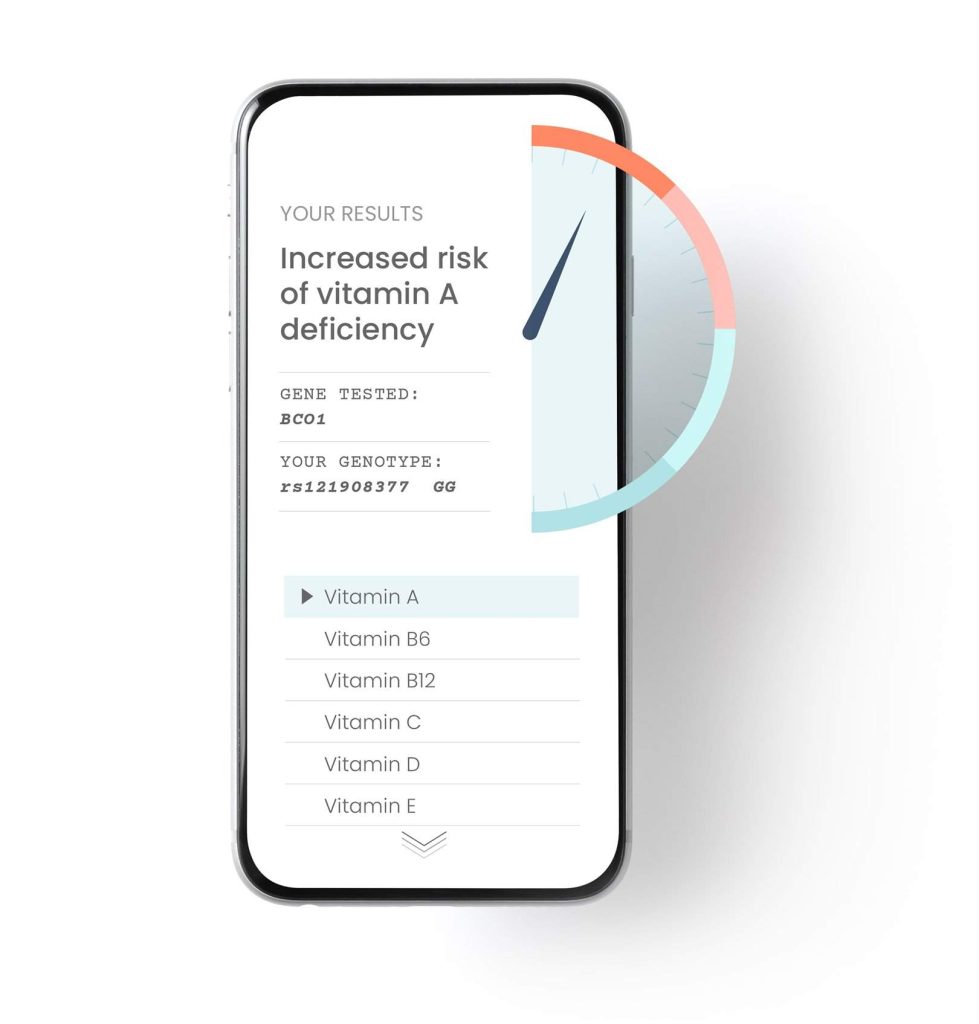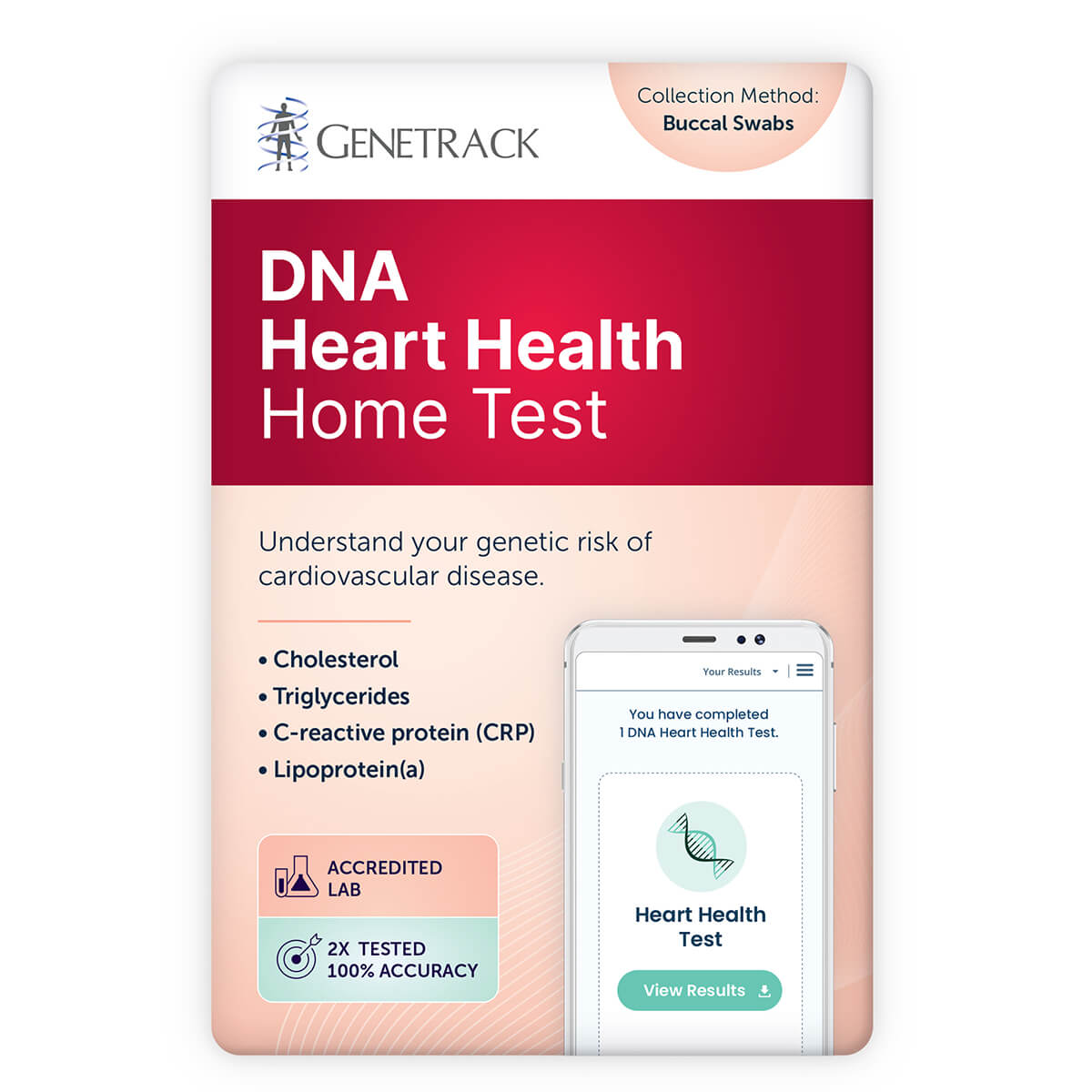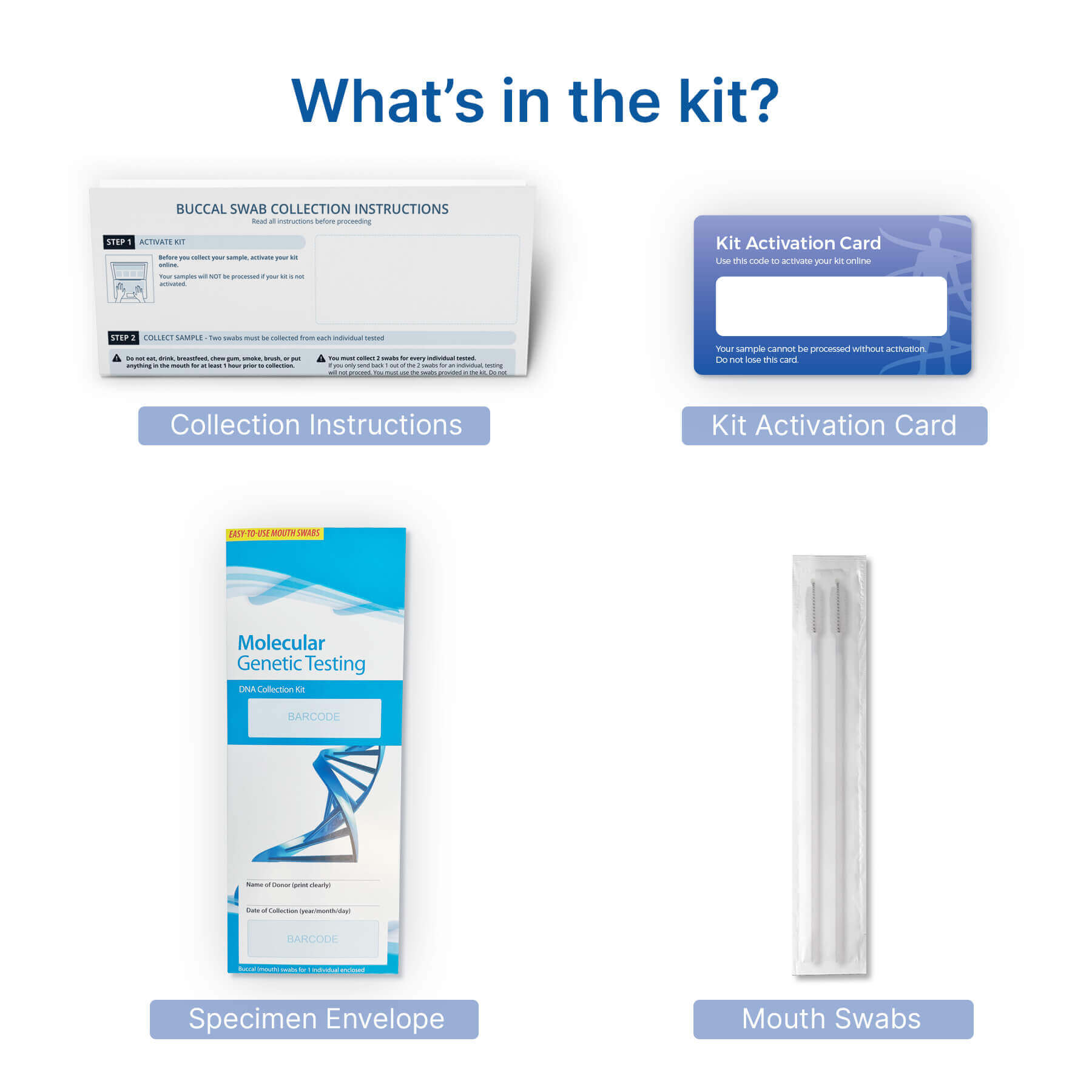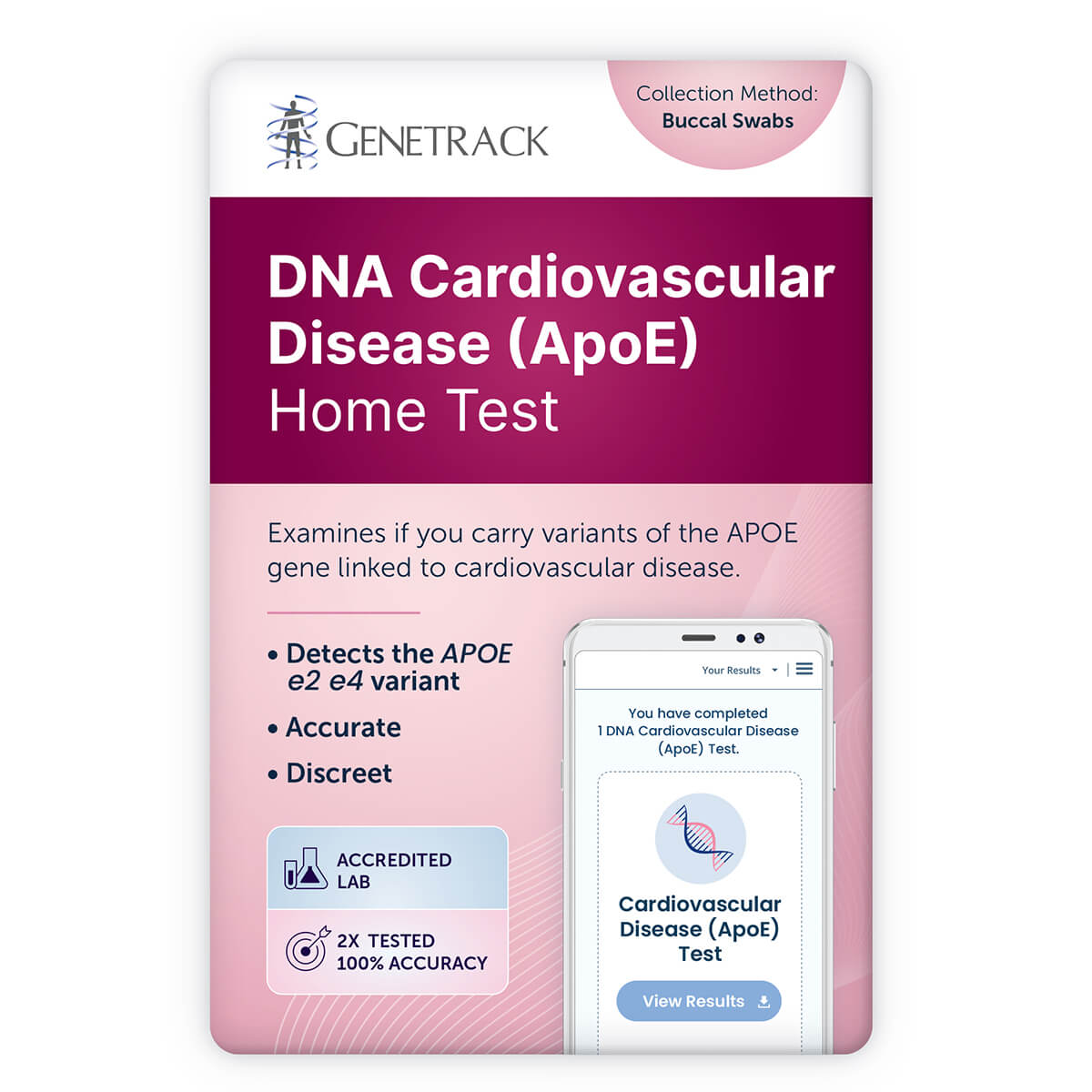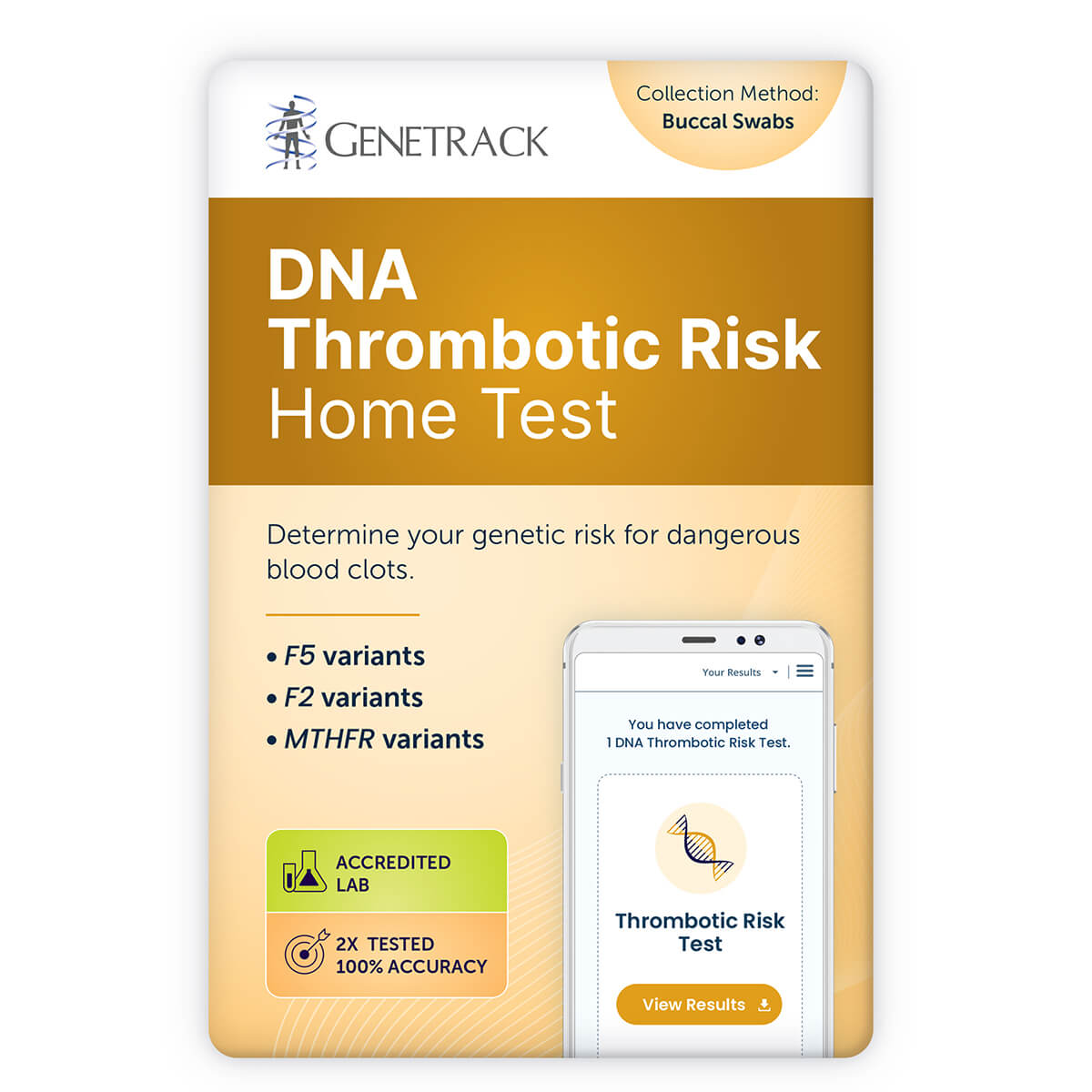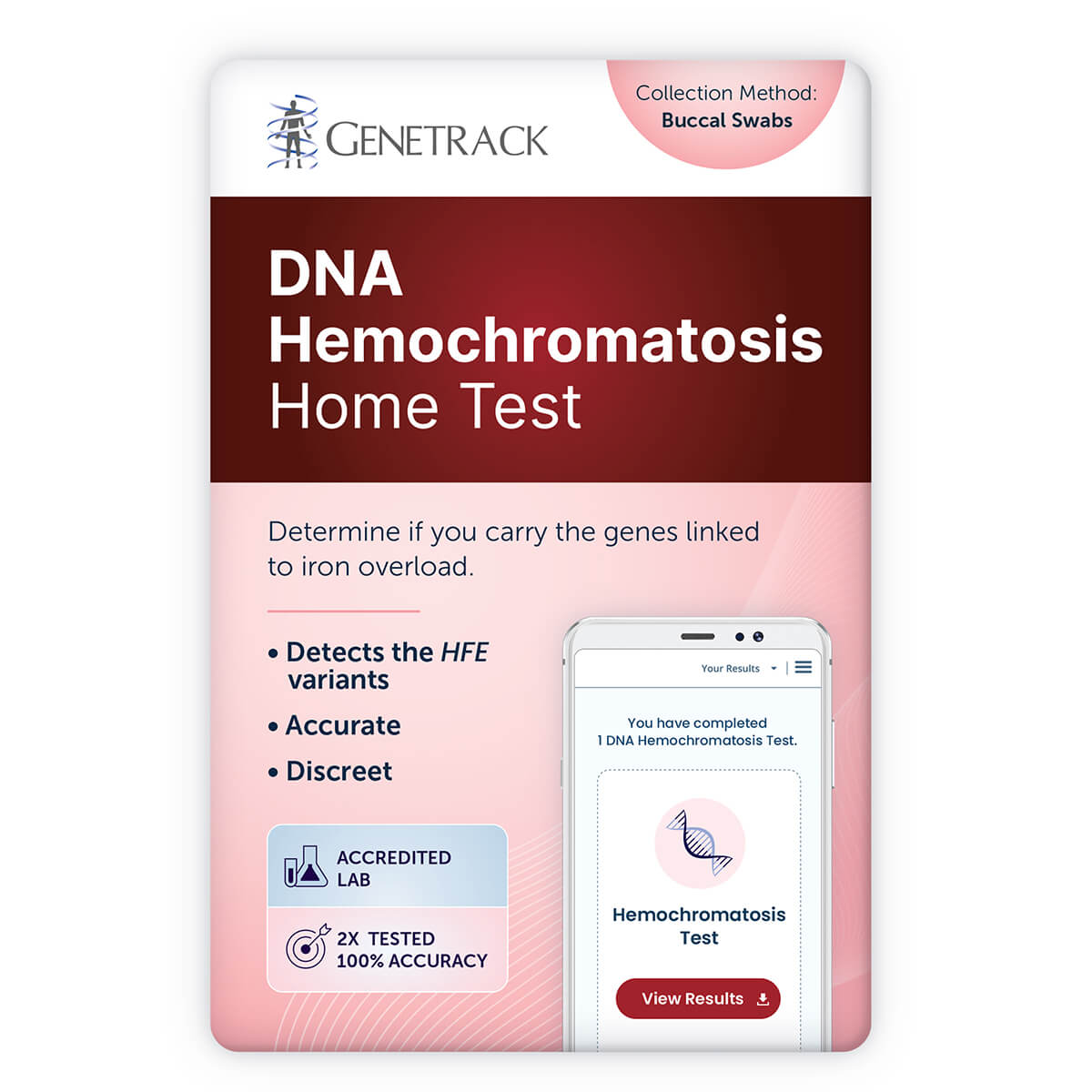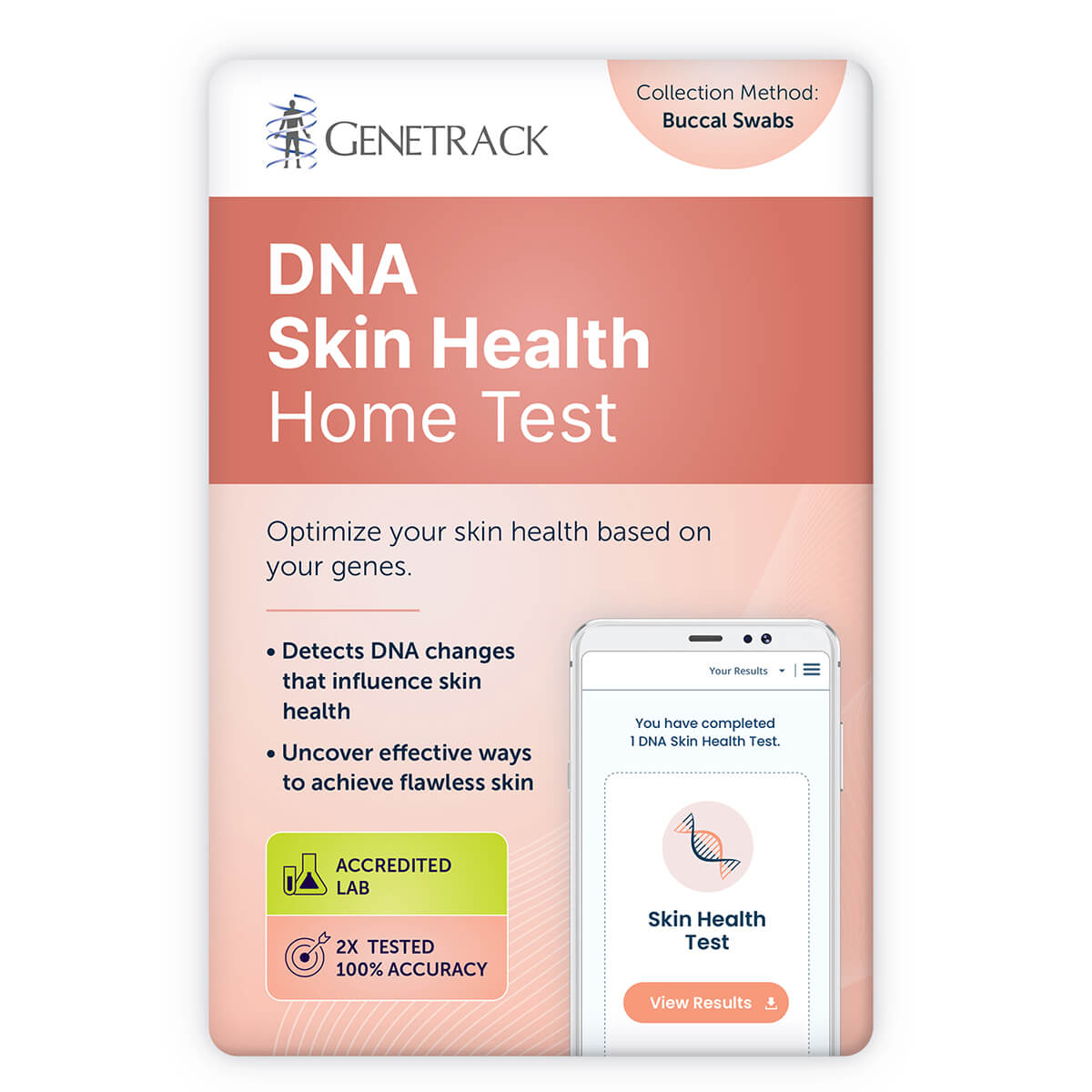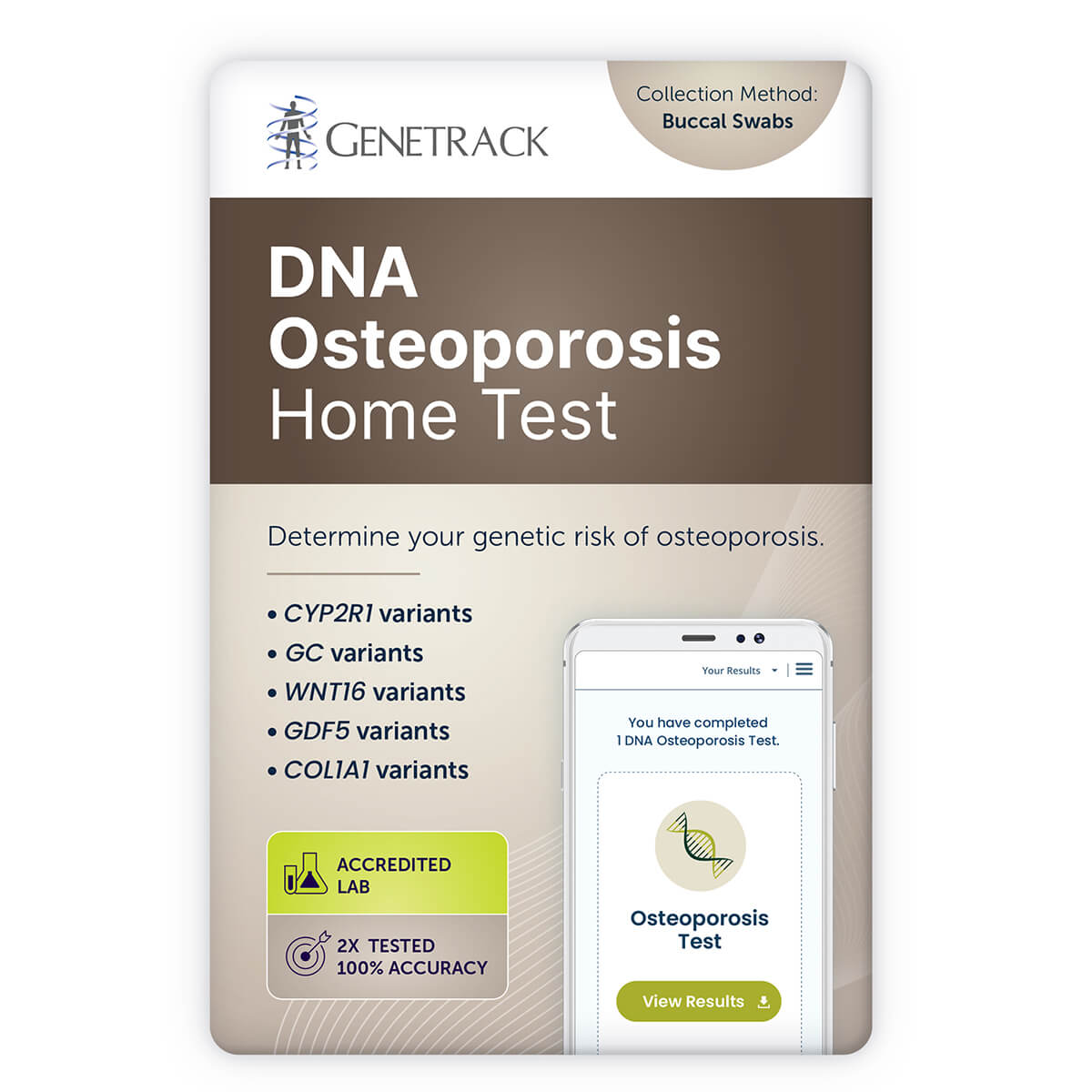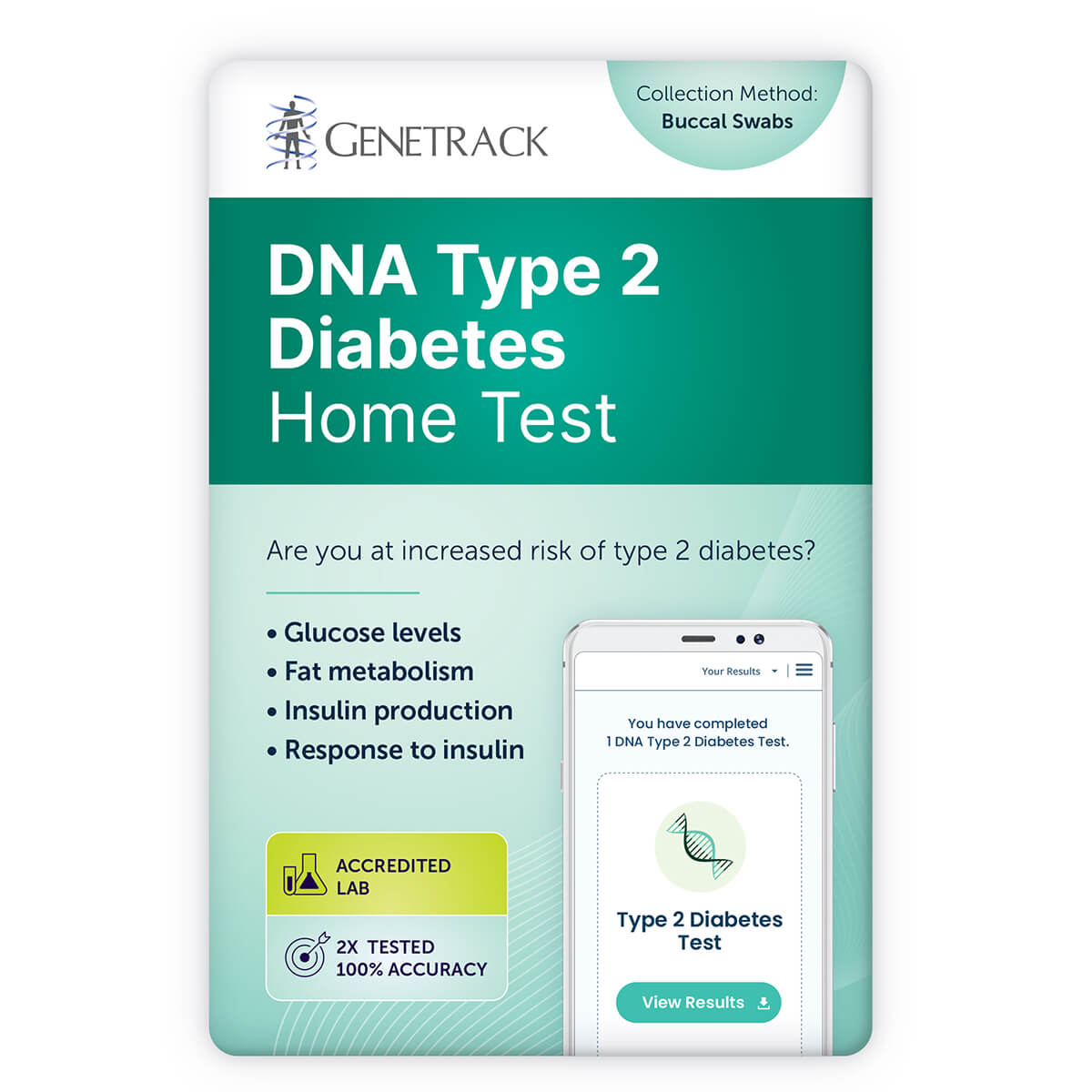DNA Heart Health Test
Understand your genetic risk of cardiovascular disease.
Do you have a family history of heart attacks? Your genes might increase your risk for cardiovascular disease. Our DNA Heart Health Test identifies genetic variants which are known to influence cardiovascular health.- Detects genetic markers related to cholesterol and triglyceride levels.
- Learn your risk and take steps to guard your heart health.
$620
AABB, ISO17025 & CLIA accredited lab
Cardiovascular Disease
Cardiovascular disease is the leading cause of death worldwide. These conditions often involve narrowed or blocked blood vessels, leading to chest pain, heart attacks, and strokes.
Factors that can increase your risk:
- Smoking
- Sedentary lifestyle
- Overweight
- High blood pressure
- Excessive cholesterol intake
- Diabetes
- Drinking too much alcohol
- Elevated stress levels
- Genetic factors
While poor lifestyle choices are major contributors, there are also hidden genetic factors that might predispose you to these conditions.
By simply taking a mouth swab, we can analyze your DNA for any genetic markers that might elevate your risk of cardiovascular issues. This knowledge empowers you to better understand and potentially mitigate your heart health risks through preventative health measures.
Variants Tested
Certain genetic variants can influence your risk of cardiovascular disease. Some might increase your risk, while others might protect you.
The Genetrack DNA Cardiovascular Health Test checks for the following variants:
- ANGPTL4, APOA5, FADS1, GALNT2, HNF4A, LIPG, MMAB – associated with reduced levels of HDL-cholesterol
- CETP, LCAT, LIPC, LPL – associated with increased levels of HDL-cholesterol
- APOB, FADS1, LDLR, NCAN, PCSK9, SORT1, SUGP1 – associated with reduced levels of LDL-cholesterol
- HMGCR, HNF1A, TRIB1 – associated with increased levels of LDL-cholesterol
- LPA – associated with increased levels of lipoprotein(a)
- CRP, GCKR – associated with increased levels of C-reactive protein (CRP)
- APOA5, FADS1, GALNT2, GCKR, NOS3, TRIB1 – associated with increased levels of triglycerides
- ANGPTL3, LPL, MLXIPL, NCAN – associated with reduced levels of triglycerides
- 9p21 – associated with reduced control of cell growth
Key Factors in Cardiovascular Health
Our cardiovascular health is influenced by various substances in our body. Abnormal levels of these substances can greatly increase the risk of cardiovascular diseases. Here’s a breakdown to help you understand their roles:
Cholesterol
Cholesterol is a fat-like substance that our body produces and we get from certain foods. It travels around our body in two types of lipoproteins:
- HDL (high-density lipoprotein), known as “good” cholesterol
- LDL (low-density lipoprotein), known as “bad” cholesterol
Low levels of HDL or high levels of LDL can cause cholesterol buildup in our arteries, leading to narrowed or blocked blood vessels.
Triglycerides
Triglycerides are obtained from the digestion and breakdown of fats in food. They make up the majority of fat deposits in our body. Excess triglycerides contribute to obesity and heart disease.
C-reactive protein (CRP)
CRP is a substance produced by the liver that increases during inflammation. Elevated CRP levels can lead to heart disease.
Lipoprotein(a)
Lipoprotein(a) is a type of lipoprotein similar to LDL “bad” cholesterol. It is rich in cholesterol, and excess levels increase the risk of cardiovascular disease.
How Home DNA Testing Works

Order Test Kit
From relationship tests to health tests, we offer a wide range of DNA tests to fit your needs.

Collect & Ship
Collect your DNA with our painless mouth swabs, then send the samples to our laboratory for analysis

Receive Results
Access your confidential results online the moment testing is completed. Our team of experts is available for any questions.
Electronic Reports Delivery
